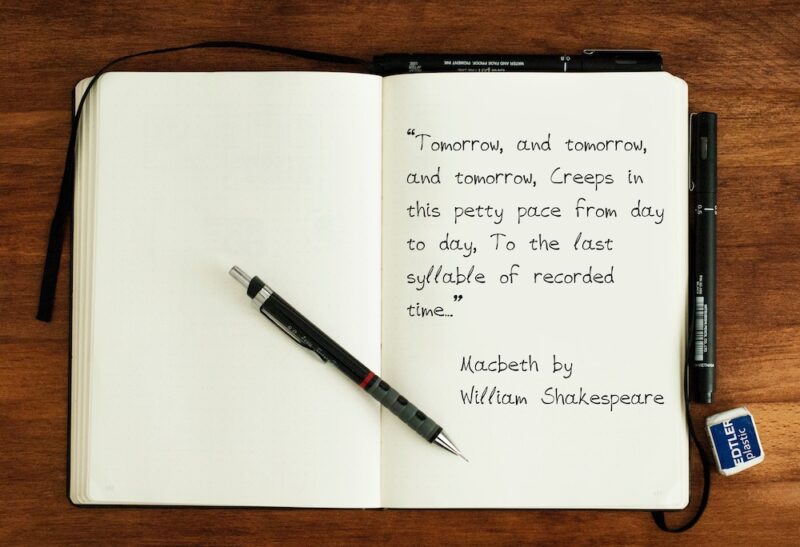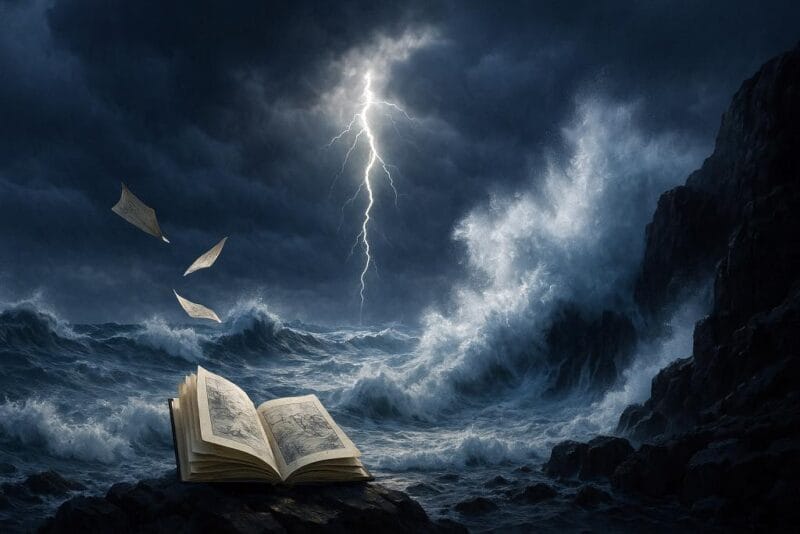If you want to capture the flow of an extended character’s thoughts, you can use “stream of consciousness” writing. It is a narrative style that mimics the non-linear way our brains operate. Many writers prefer to get inside the heads of their protagonists and characters, providing a running soliloquy of what they are thinking. If you want to capture the flow of an extended character’s thoughts, you can use this literary writing technique.
Prior to literary criticism, the term “stream of consciousness” was used in psychology to describe a narrative style depicting how people think. When William James wrote The Principles of Psychology, he coined the term. It was Alexander Bain who first used the term in 1855, but William James was given credit for it in 1890. Fiction and non-fiction sources often use the terms “stream of consciousness” and “interior monologue” interchangeably.
Some books that use this technique are often dull and fact-based; only what is necessary is said—authors strive to portray a character’s thoughts in a more accurate manner. Stream-of-consciousness writers often employ unconventional grammar and syntax to convey the thoughts of their characters. There is no punctuation, for example, because the speaker’s thoughts are so fluid and stream-like.
It is widely agreed that Ulysses by James Joyce is the best example of the stream of consciousness writing style. Additionally, Arthur Schnitzler’s Lieutenant Gustl and Virginia Woolf’s The Waves are two other notable examples. Stream-of-consciousness passages, such as Thomas Mann’s Death in Venice, use subtle irregular syntax and grammar to convey the character’s descent into madness, making it another example of this writing style. Other famous authors who employed it were William Faulkner, Marcel Proust, Ken Kesey, and Sylvia Plath.
Further Reading
What is Stream of Consciousness? by Interesting Literature
10 Writers Who Use Stream of Consciousness Better than Anybody Else by May Huang, Qwiklit
What is the effect of stream of consciousness? by Ben Davis, MVOrganizing
If Consciousness Isn’t A Stream, How Do We Represent It? by David Letzler, Literary Hub





